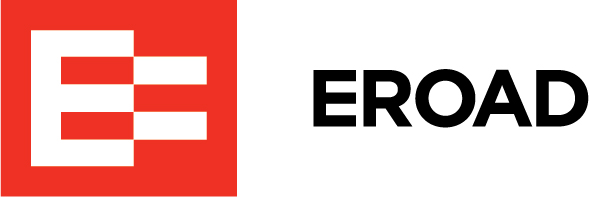Each year, tens of millions of Americans get sick due to foodborne illness, according to the Centers for Disease Control, resulting in more than 120,000 hospitalizations and some 3,000 deaths. In addition to human suffering, foodborne illness has a huge financial impact in the U.S.: $15.5 billion annually, per the USDA’s Economic Research Service.
Because of the health and economic toll that results from foodborne illness, governments have created regulations to ensure that the food supply chain is safe. The most significant of these regulations is 2011’s Food Safety Modernization Act (FSMA). The goal of FSMA was to standardize food safety practices for every point in the supply chain – from farmers and processors to motor carriers that haul food products.
Carriers that transport food and beverages – especially those hauling perishable goods in refrigerated trailers (reefers) – are a crucial link in ensuring the safety of the food in the cold chain, and they must comply with FSMA regulations to ensure their cargo is are delivered safely for consumers.
Reefer telematics solutions, such as EROAD’s CoreHub Xtreme, simplify FSMA compliance while improving customer confidence and satisfaction by providing real-time and historic temperature data and much more.
Here are two more ways that CoreHub Xtreme helps protect the safety of food in transit, ensure regulatory compliance, reduce rejected loads and increase customer satisfaction.
Event notifications and door alerts
Custom notifications get the right information to the right people, in real-time when they need it. Door sensors with corresponding alerts inform drivers and dispatch if a door is open and help prevent temperature excursions from happening through escaped air. Alerts for temperature levels, reefer fuel levels, tire pressure and more can be set up as you need so that you always know if taking action is necessary.
Two-way reefer controls
Keep temperature-sensitive loads safe by responding to issues in real time with two-way reefer controls. Whether you’re in the office or on the road, you can remotely adjust a range of settings, including reefer on/off, return air, temperature set point and more. In addition to keeping your cargo safe, greater control reduces the risk of rejected loads, lost revenue and reputational damage.

